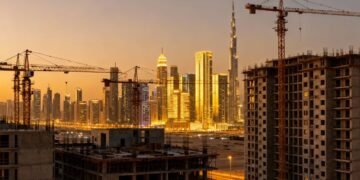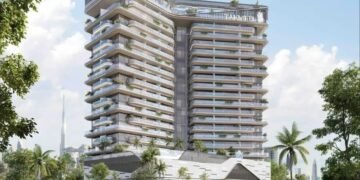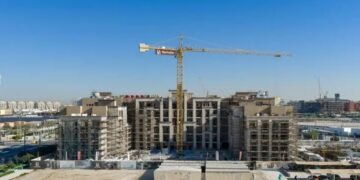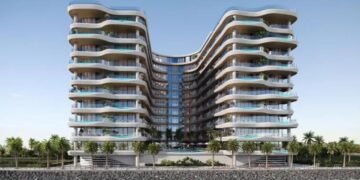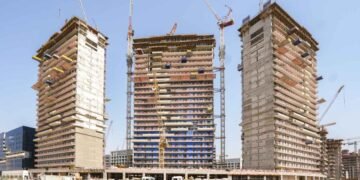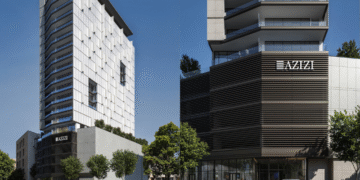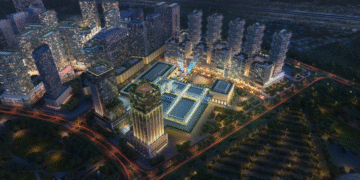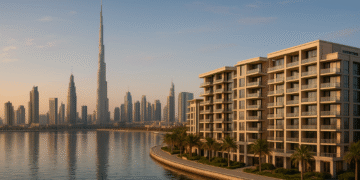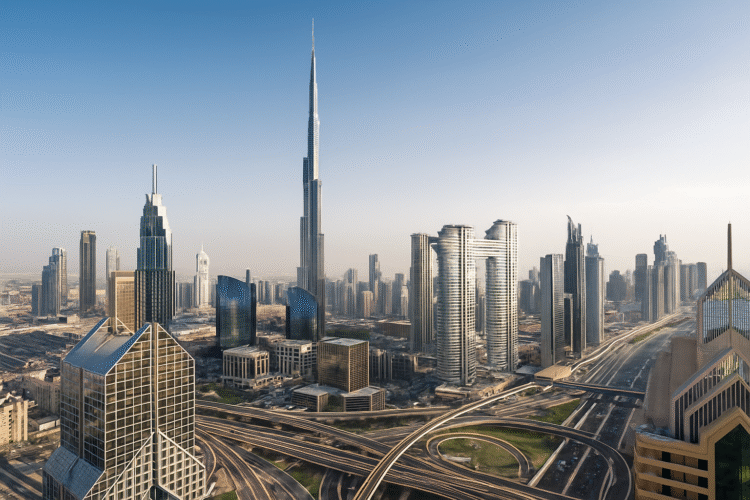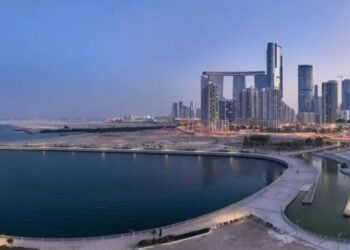Dubai, UAE — As Dubai’s real estate market continues to mature, residents and investors face a critical decision: should they continue renting or switch to paying an EMI (Equated Monthly Installment) toward homeownership? With rental rates climbing and mortgage packages becoming more competitive, understanding the financial and lifestyle implications of each option is essential. This article provides an in-depth comparison—drawing on the latest market data and expert studies—to help you decide which path best suits your needs.
Dubai’s Rental Market: Rapid Growth and Rising Costs
In 2024, average rents across Dubai surged by 16–19%, according to Property Finder’s annual report. Submarkets such as Jumeirah Village Circle saw rent hikes of nearly 48%, while Downtown Dubai rents rose by 17%. This volatility has placed increasing pressure on tenants, who often face large upfront payments (two to four post-dated cheques) and annual lease renewals subject to unpredictable hikes.
Also read: From Mumbai to Marina: Comparing Real Estate ROI in Indian Metros vs. Dubai
Meanwhile, the Dubai Land Department (DLD) recorded AED 431 billion in real estate transactions during H1 2025—a 25% year-on-year increase—signaling sustained demand from buyers as well as renters. Rising rents, combined with population growth and limited new supply in prime areas, are driving many to reconsider the value of renting.
Mortgage Landscape: Competitive Rates and Structured Payments
Mortgage rates in Dubai currently hover between 3.99% and 4.5%, according to leading banks, making home financing more accessible than in previous years. Major lenders now allow up to 80% loan-to-value (LTV) for end-users, with repayment tenors stretching up to 25 years, reducing monthly EMIs.
Also read: Dubai’s Commercial Real Estate Soars in H1 2025 Amid Rising Global Confidence
Moreover, developer-led payment plans—such as 1% per month until handover and DLD fee waivers—further lower upfront costs. When structured properly, EMIs in suburbs like Jumeirah Village Circle, Dubai South, and Town Square can be comparable to, or even lower than, local rents.
Side-by-Side Financial Comparison
| Metric | Renting (1BHK Downtown) | Buying (1BHK Downtown) |
| Monthly Outflow | AED 7,500 | AED 8,200 (EMI) |
| Upfront Payment | AED 15,000 (2 mos. rent) | AED 280,000 (20% down + fees) |
| Annual Cost | AED 90,000 | AED 98,400 |
| Equity Accumulation | None | Builds asset value |
| Tax & Fees | No extra fees | 4% DLD + agent + mortgage fees |
| Flexibility | High | Low (locked in by mortgage) |
Looking purely at numbers, rents can sometimes be marginally cheaper month-to-month. However, rents are subject to annual hikes, whereas EMIs remain fixed for the loan tenure. Over a 10-year period, predictable mortgage costs can shield homeowners from rent inflation.
Pros and Cons: Renting vs. Buying
Pros of Renting
- Flexibility: Ideal for short-term stays or frequent relocations.
- Lower Initial Outlay: Only a security deposit (5% of annual rent) and a few months’ rent needed.
- No Maintenance Burden: Landlords typically handle repairs and upkeep.
Cons of Renting
- No Equity: Monthly payments do not build personal assets.
- Exposed to Rent Hikes: Tenants face unpredictable and sometimes steep increases at each renewal.
- Limited Control: Restrictions on modifications and customizations.
Pros of Buying
- Equity Building: EMIs gradually convert into property ownership.
- Fixed Costs: Mortgage payments remain constant, offering predictability.
- Rental Income Potential: Owners can lease their property, covering or exceeding EMI costs.
- Golden Visa Eligibility: Investments above AED 2 million qualify for a 10-year residency visa.
Cons of Buying
- High Upfront Costs: 20% down payment plus 4–6% in fees and closing costs.
- Maintenance Responsibility: Homeowners bear repair and service-charge expenses.
- Commitment: Less flexibility to relocate quickly.
When to Rent: Short-Term & Flexible Stays
Industry experts recommend renting if your anticipated stay is under five years. Renting avoids down payment requirements and allows you to test different neighborhoods before settling. It also suits professionals on fixed-term contracts or those awaiting flexible work arrangements.
When to Buy: Long-Term & Investment-Minded
If you plan to reside in Dubai for seven years or more, buying often becomes the financially savvy choice. Over the long term, equity appreciation in established areas like Dubai Hills Estate, Arabian Ranches, and Palm Jumeirah can outpace rental savings. For example, price growth in Dubai Hills Estate averaged 12% annually in the past five years versus 7% in prime areas of Indian metros.
Regulatory Safeguards & Ease of Transaction
Dubai’s Real Estate Regulatory Agency (RERA) and the Dubai Land Department enforce strict escrow account legislation, ensuring developer accountability and project delivery. The Dubai REST App further enhances transparency, allowing investors to view title deeds and track payments. In contrast, Indian property buyers often navigate complex legal frameworks, title disputes, and delayed handovers despite improvements under RERA India.
Lifestyle & Residency Considerations
Owning property in Dubai can also be a route to long-term residency. The Golden Visa program, introduced in 2019, grants a 10-year visa to those investing AED 2 million + in real estate. For Indian NRIs, this not only offers stability but also family security and education continuity for children.
Renters do not benefit from such visa privileges and remain subject to tenancy law changes and potential displacement.
Conclusion: Which Path Suits You?
The decision between paying rent and paying EMI in Dubai hinges on your duration of stay, financial capacity, and long-term goals:
- Rent if you need mobility, minimal upfront capital, or anticipate a short tenure.
- Buy if you seek equity, fixed long-term housing costs, visa benefits, and potential rental income.
For Indian investors eyeing both a second home and a stable asset, buying in Dubai often aligns better with wealth-creation strategies—thanks to tax-free gains, robust regulatory protections, and high rental yields.
Discover more from Invest Dubai Today - Dubai Realty Insights
Subscribe to get the latest posts sent to your email.




